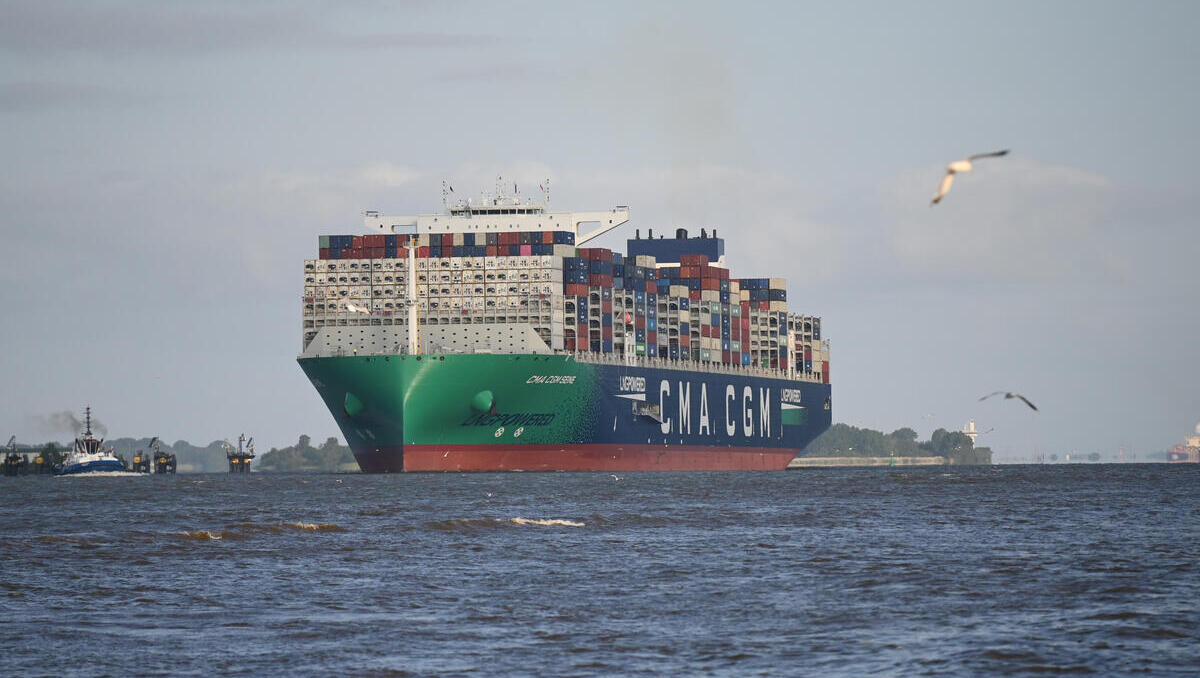- Der Artikel ist für registrierte Benutzer kostenlos.
-
Mit einem Benutzernamen können Sie diesen Artikel kostenlos lesen.
Registrieren Sie einen kostenlosen Benutzernamen oder melden Sie sich mit einem vorhandenen an.
-
Lesen Sie viele Artikel kostenfrei. Newsletter bestellen, registrieren und weiterlesen.
Keine Verpflichtung - kein Abo.Sie sind bereits registriert? Anmelden
Hilfe bei der Anmeldung und Registrierung: leserservice@deutsche-wirtschafts-nachrichten.de
Es gelten unsere AGB und Datenschutzbestimmungen
City of London: Capital of an invisible empire
Die Finanzmärkte reagieren bislang gelassen auf den Krieg gegen den Iran, doch eine Morningstar-Analyse warnt vor möglichen...
Nicht nur der Mittelstand bricht weg, auch die Geburtenrate: Immer wenige Deutsche bekommen Kinder. Viele können sich eigene Kinder nicht...
Experten warnen, dass Iran die für den globalen Ölhandel zentrale Straße von Hormus über längere Zeit unter Druck setzen könnte. Wie...
Der Bundestag zieht die Zügel beim Bürgergeld deutlich an: strengere Regeln, härtere Sanktionen, mehr Druck zur Arbeitsaufnahme....
Die Renk-Aktie schwankt weiter trotz Rekordumsätzen und stabiler Dividende. Analysten sehen Chancen für Investoren in einem geopolitisch...
Putin erwägt, Gaslieferungen an die EU vorzeitig zu stoppen. Ein solches Vorgehen könnte die Energiepreise massiv anheizen.
Überverantwortung im Job gilt oft als Tugend: engagiert, gewissenhaft, verlässlich. Doch wer dauerhaft mehr trägt, als eigentlich...
Bitcoin behauptet sich als bevorzugtes Geld der Künstlichen Intelligenz – Fiatgeld verliert deutlich. Die Studie des BPI offenbart,...









